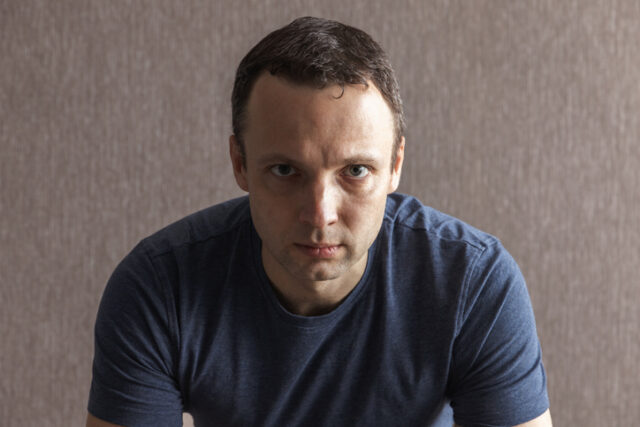In simple terms, “masking” is basically when you hide parts of your true self to blend in or meet social expectations.

Whether it’s toning down your personality, acting a certain way, or pretending to be fine when you’re not, masking is something many people do to avoid judgement or rejection. While it can help you get through tough situations, it often comes at a cost to your mental health and sense of identity. Understanding why masking happens and how to deal with it can help you feel more like the real you in every situation.
1. Understand why masking happens.

Masking usually kicks in when you’re worried about being judged or misunderstood. Maybe you feel pressure to fit societal norms or to hide traits that other people might not get, like being neurodivergent, introverted, or super sensitive. For a lot of people, masking becomes a habit they don’t even realise they’re doing because it feels like the safest option. But recognising that this is something you’ve learned — and not something you have to do forever — is the first step in shifting away from it.
2. Recognise the signs of masking.

Masking can show up in a lot of ways, like copying how other people act, staying quiet about your real opinions, or trying to appear “normal” by suppressing your quirks. It can also mean overthinking every interaction or avoiding things that might draw attention. If you often feel drained or fake after social situations, that’s a good sign you’re masking. Spotting these patterns is the first step to finding better ways to connect without losing yourself in the process.
3. Accept your authentic self.

Breaking free from masking starts with accepting who you are, quirks and all. Your unique traits and preferences make you, well, you — and that’s something to celebrate. Remind yourself that you don’t need to fit someone else’s mould to be worthy of connection. Accepting your authentic self takes practise, but over time, it can help you feel more confident and less pressured to hide.
4. Build safe spaces for authenticity.

Being yourself feels a lot easier when you’re around people who truly get you. Whether it’s friends, family, or a supportive community, spend time with those who let you be your authentic self without judgement. These safe spaces can make all the difference when it comes to letting your guard down and showing the real you. Plus, they give you a chance to recharge emotionally when you need it.
5. Set boundaries to protect your energy.

Masking can be exhausting, so it’s important to protect your mental and emotional energy. If you’re in environments where you feel like you have to mask a lot, consider stepping back when you can. Setting boundaries, like saying “no” to things that drain you or avoiding toxic situations, can give you the space you need to recharge. Taking care of your mental health isn’t selfish — it’s necessary.
6. Practise self-awareness.

Take a step back and think about when and why you feel the need to mask. Is it at work? Around certain people? Journaling or chatting with someone you trust can help you figure out your triggers. Once you’re aware of the situations where you’re masking, you can start deciding when it’s really necessary and when you can let yourself relax and be more authentic.
7. Gradually unmask in comfortable settings.

Unmasking doesn’t have to be all or nothing. Start small, like being a bit more honest about your opinions or sharing something personal with someone you trust. The idea is to build up your comfort level in situations where you feel safe. Over time, these little steps can add up and help you feel more confident showing your true self in a wider range of settings.
8. Consider working with a professional.

If masking feels like it’s taking over your life or affecting your mental health, talking to a therapist can help. They can help you unpack why masking feels necessary and give you tools to navigate situations where you feel pressure to conform. Therapy also gives you a judgement-free space to explore your fears about being authentic and work on building self-acceptance.
9. Embrace imperfection.
 Source: Unsplash
Source: Unsplash A big reason people mask is the fear of being seen as “weird” or making mistakes. But the truth is, nobody’s perfect — and that’s what makes us human. Your quirks, flaws, and even your mess-ups are part of what make you unique. Letting go of the need to be flawless can help you feel less pressure to mask and more comfortable being yourself.
10. Advocate for yourself and other people.
 Source: Unsplash
Source: Unsplash Sometimes, the best way to reduce masking is to create a world where it’s less necessary. This might mean having open conversations about your own experiences, or standing up for people who feel they need to mask. By promoting understanding and inclusivity, you’re not just helping yourself — you’re encouraging everyone to be a little more authentic.




